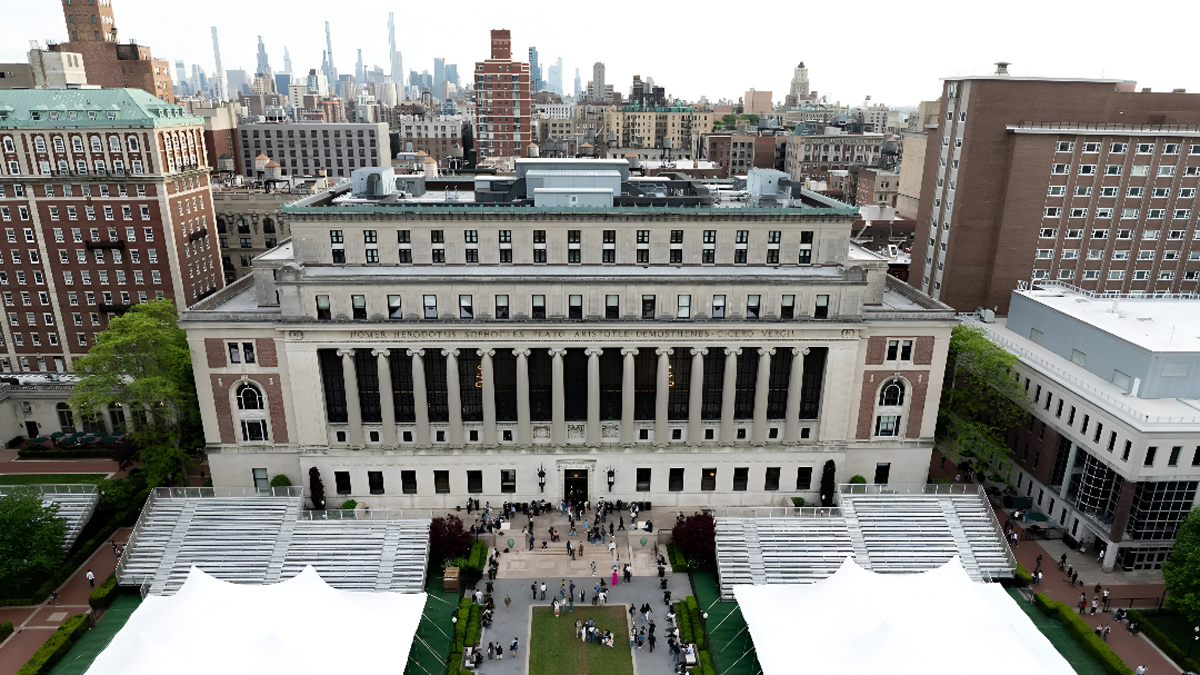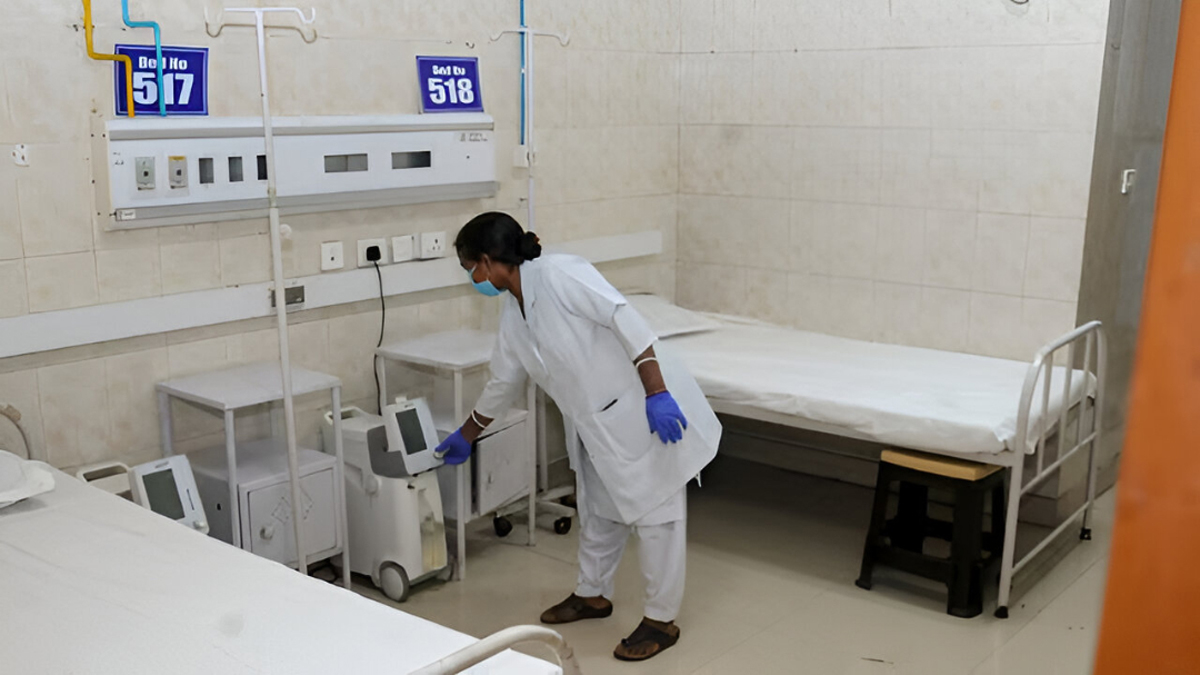Now Reading: Trump Administration Threatens Columbia University’s Accreditation Amidst Pro-Palestine Protests
-
01
Trump Administration Threatens Columbia University’s Accreditation Amidst Pro-Palestine Protests
Trump Administration Threatens Columbia University’s Accreditation Amidst Pro-Palestine Protests

In a significant escalation of its efforts to combat alleged antisemitism on university campuses, the Trump administration has moved to question Columbia University‘s accreditation status. The U.S. Department of Education, through its Office for Civil Rights, formally notified the Middle States Commission on Higher Education – the accrediting body for Columbia – that the Ivy League institution may no longer meet federal accreditation standards. This development follows months of intense scrutiny and pressure from the administration regarding the university’s handling of pro-Palestine protests and allegations of inadequate protection for Jewish students.
Allegations of “Deliberate Indifference”
US Secretary of Education Linda McMahon, in a statement, asserted that “After Hamas’ October 7, 2023, terror attack on Israel, Columbia University’s leadership acted with deliberate indifference towards the harassment of Jewish students on its campus.” This accusation stems from a civil rights investigation which concluded that the university failed to meaningfully protect Jewish students against “severe and pervasive harassment,” thereby violating federal anti-discrimination laws, specifically Title VI of the Civil Rights Act.
Accreditation is a critical lifeline for American universities, as it determines their eligibility to receive billions of dollars in federal financial aid for students, including grants and loans. Should Columbia’s accreditation be revoked, its students could lose access to these vital funds, posing a severe financial blow to both the institution and its student body.
Broader Crackdown on Universities
This move against Columbia is part of a broader federal initiative under the Trump administration’s Joint Task Force to Combat Anti-Semitism. Several universities have faced federal scrutiny since late 2023 over alleged failures to address antisemitism on their campuses, often linked to pro-Palestine demonstrations. Earlier this year, Columbia University had already seen a $400 million freeze in federal contracts and grants, a measure the administration stated was due to the university’s failure to meet government expectations on curbing antisemitic incidents. In response, Columbia had introduced new policies in March aimed at addressing the issue and stated its commitment to combating antisemitism.
The Accreditation Process and Columbia’s Response
The Middle States Commission on Higher Education, an independent body, confirmed receipt of the Department of Education’s letter but has not yet indicated any immediate action. The accreditation process typically allows for a period of probation or warnings before any formal withdrawal of status. Institutions also retain the right to appeal such decisions, which would temporarily preserve their accreditation during the review process.
Columbia University has acknowledged the concerns raised by the Department of Education, stating, “We are aware of the concerns raised” and confirmed its direct engagement with the accrediting agency. The university reiterated its commitment to combating antisemitism on campus, stating, “We take this issue seriously and are continuing to work with the federal government to address it.”
Implications for Higher Education
The Trump administration’s aggressive posture towards universities, particularly in linking federal funding and accreditation to campus speech and protest management, has sparked a significant debate about academic freedom, institutional autonomy, and the role of government in higher education. Critics argue that such actions constitute political interference, potentially chilling free speech and legitimate protest on campuses. Proponents, however, maintain that universities have a responsibility to ensure a safe and non-discriminatory environment for all students, and that federal oversight is necessary when civil rights are allegedly violated.
The outcome of this challenge to Columbia’s accreditation will be closely watched, as it could set a precedent for future interactions between the federal government and higher education institutions, particularly concerning the delicate balance between protecting student rights and upholding principles of free expression.










